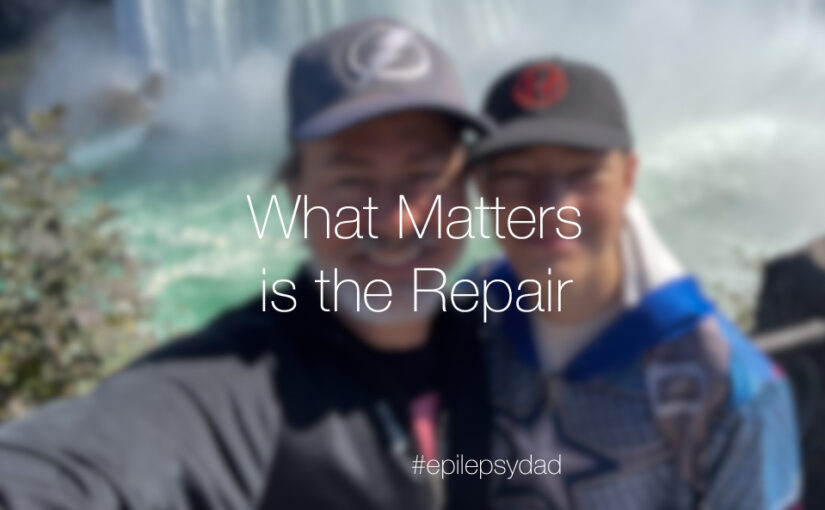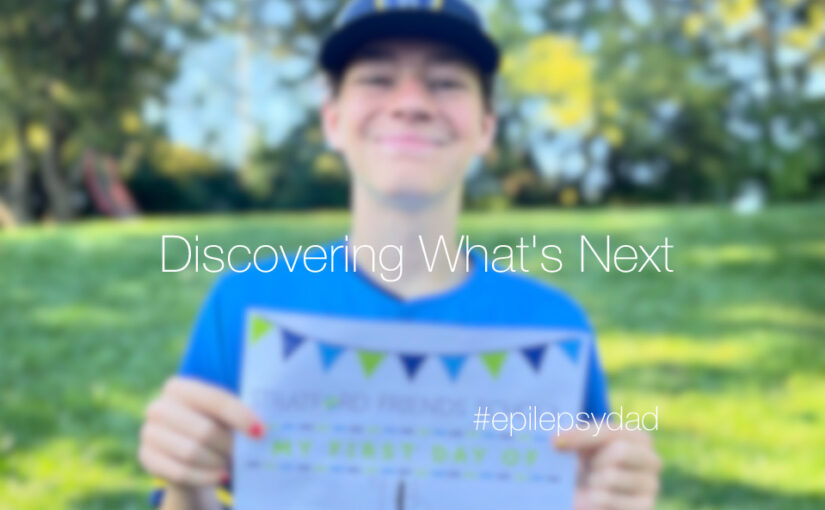Hello, Hindsight, my old friend.
You’ve come to talk to me again.
Because a mistake I made today
Left its mark and pushed someone away
And the shame that was planted in my brain
Still remains
With the sounds of silence
On more than one occasion, my response to an action that my son did was out of proportion to the action itself. Usually, it’s because he repeated the same action, and there is an escalation of consequences. But sometimes, it’s driven by my trauma, insecurities, and fear about my son’s future.
A few weeks ago, there was the Chocolate Bar Incident that I wrote about in a previous post that involved him lying about sneaking candy. The candy wasn’t the issue; the lying was, and it triggered a knee-jerk reaction to take away his electronics “for I don’t know how long.”
I was so frustrated with his lying, and I didn’t understand why he was doing it. I had a hard childhood, and I feared that he was lying the same way that I lied because he felt unsafe like I did. I was also afraid that it was because of his impulse control and executive functioning issues. I needed to shock him with extreme consequences to change his behavior and stop him from lying. Otherwise, how could he go out into the world?
Like I said…out of proportion.
After I had time to cool off, I felt terrible. Yes, he struggles with impulse control and executive functioning, but so do a lot of people. Also, teenagers lie. It’s normal and doesn’t necessarily reflect on his future possibilities.
I thought about how I responded and how I should have responded and felt like an asshole. Feelings of guilt and shame washed over me, and I feared that my response would be what stuck with him about this situation and that it would affect or define our relationship.
I went in to apologize. I shared why I had my reaction, explaining how I was afraid he was having the same childhood and experiences that I did. That fear and projection about his future triggered my response because I wanted to change his path so that he didn’t have to endure the same challenges that I did. But I understand that wasn’t what was happening; it just looked the same. I told him I was sorry, and he accepted my apology like the sweet, kind, empathetic boy that he is.
That, I am learning, is what will define our relationship. What matters isn’t the mistake. What matters is the repair.
We all make mistakes. As much as we wish we could be perfect in our relationships, we’re human, which means we’ll stumble, say the wrong thing, or make a bad choice occasionally. Whether it’s a moment of lost patience, a misunderstanding, or a decision we wish we could take back, mistakes are inevitable. But here’s the thing: what matters most isn’t the mistake itself—it’s what happens afterward. The repair is what truly defines the strength and depth of a relationship.
When we mess up, there’s often a sense of failure or shame that comes along with it. We worry we’ve damaged trust or created distance in the relationship. But the reality is that the most meaningful connections aren’t the ones that never face difficulty. They’re the ones that grow and evolve through those moments. It’s the repair process—the act of acknowledging the hurt, making amends, and working to rebuild trust—that ultimately makes relationships stronger.
At the end of the day, it’s not the mistakes that define us—it’s what we do after them. We all face moments where we wish we had done things differently, but those moments can lead to greater understanding and intimacy if we approach them with humility and care.
Our children don’t need perfect parents; they need parents who are real, who are trying, and who are willing to own their mistakes. Children learn more from our willingness to grow than from our attempts to be flawless. When they see us apologize, try again, and love them through the messy parts of life, they learn resilience, empathy, and the value of authentic connection.


